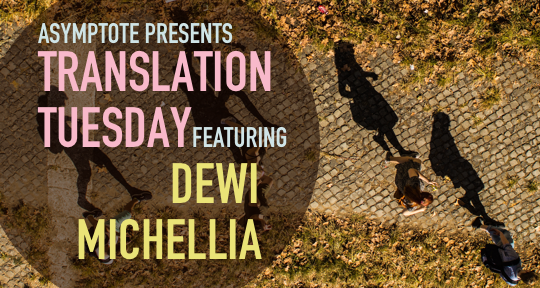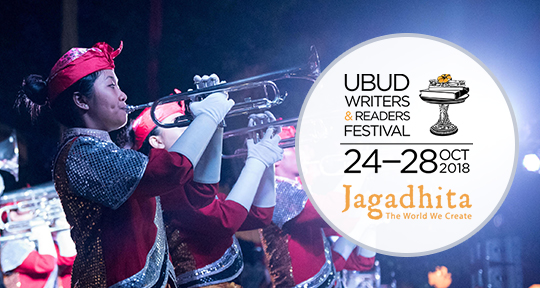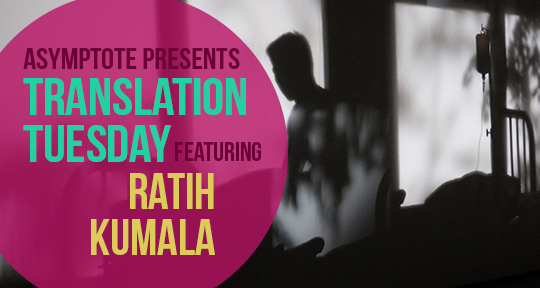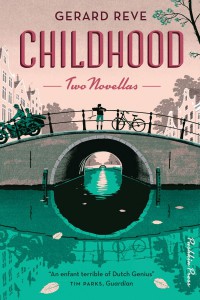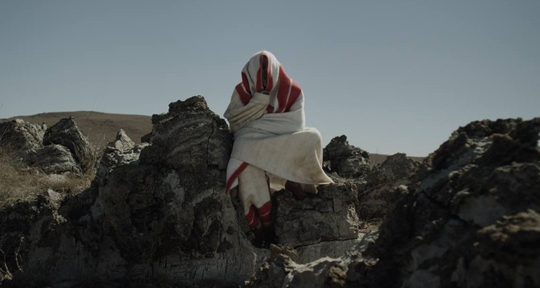Ubud Writers and Readers Festival may have concluded last month, but our series, A World with A Thousand Doors hasn’t! In our penultimate installment of the series, we are proud to present a short story by Dewi Kharisma Michellia.
“Dad, have you found the keys?”
I often hear grateful people say that each day in life has its own blessing.
“Son, put in the luggage in the trunk. Why do I have to tell you this? Where is your brother?”
If those people really admire the mystery of time, then it’s only fair if they extend the same admiration to space.
“If we leave now, will we still be able to see the sunrise, Dad?”
Each place has its own value, which can only be felt by those attached to that place.

